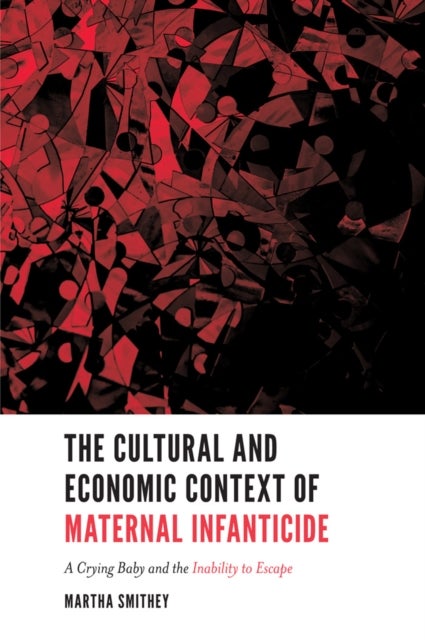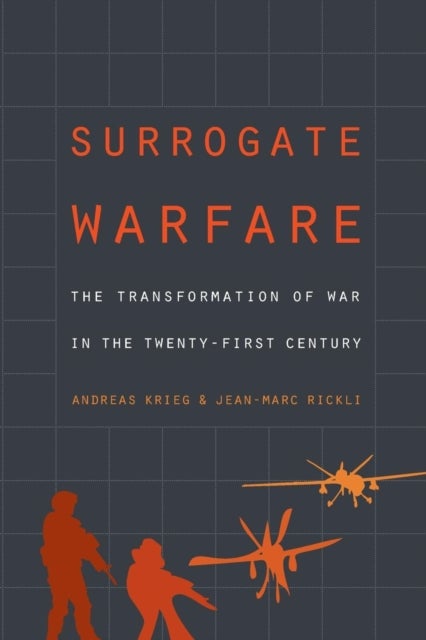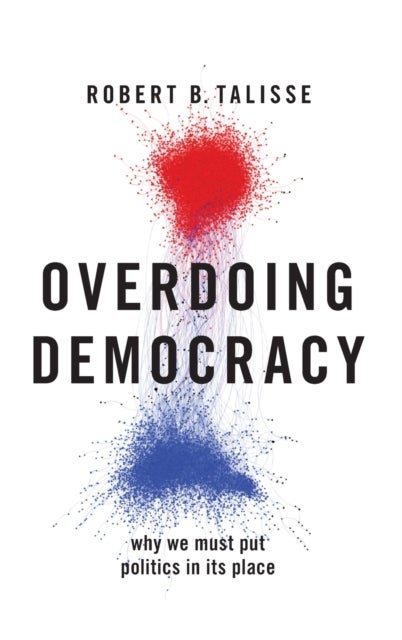
The Space Law Stalemate av Anja Pecujlic
489,-
<P>The governing international space law regime has been locked in a norm-creation stalemate for over 40 years. This stalemate endangers the preservation of established, guiding legal principles, as well as the sustainability of the parts of outer space that humans utilize. The discrepancy between norm creation, technological advancement, and the ecosystem of novel actors could generate serious consequences for future space activities and the nature of international relations. Besides the return of old rivalries in a New Cold War, new activities and actors emerging amidst a legal void emphasizes the risks of the stalemate: unstable peace, fragile cooperation, uneven technological development, and uncertain eco-sustainability. The prolonged legal stalemate cannot be treated simply as an academic question, for it has broader political and economic implications of growing strategic relevance. Unresolved issues in international space law could threaten the survival of space as a global com








